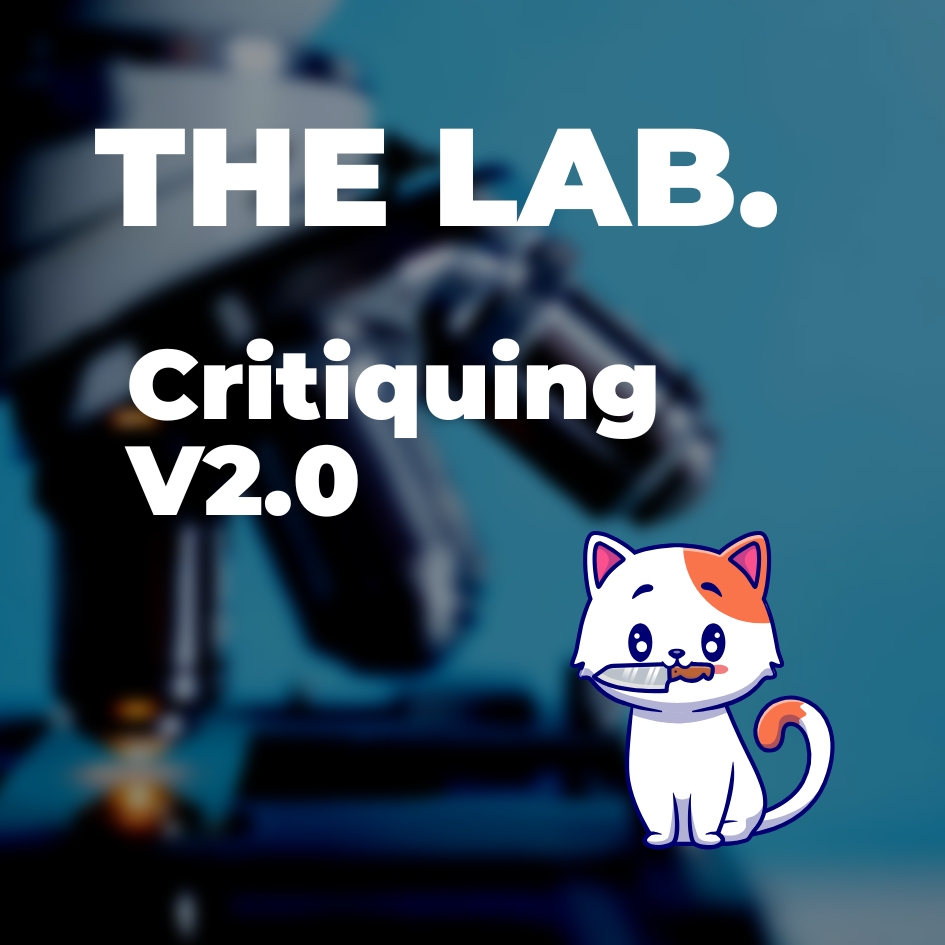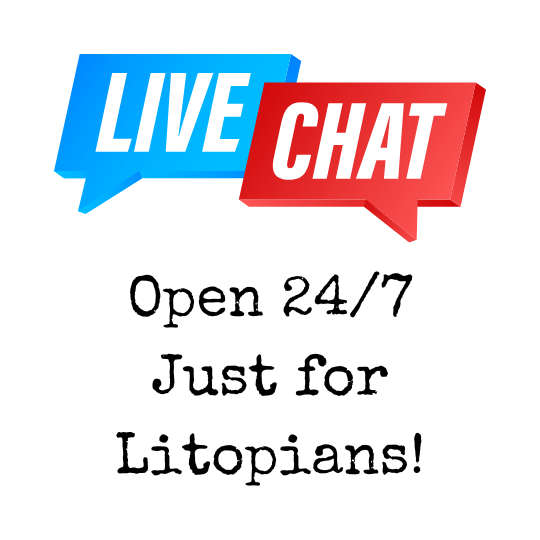I'm thinking about writing something inspired by a German lady I once met. She had just served a meal, spoonful by spoonful, to her two adult sons. Neither of them said thank you or complimented the food. The only comment was that the sauce had too much vinegar in it. I later asked one of the sons if he thought that his brother had been rude to say such a thing and he said, "Oh no. She likes that sort of thing." Other than such criticisms, she seemed to be completely ignored by her husband and sons - even though she could talk a mile a minute about a million things that no one cared about. She secretly drank booze in the kitchen while she peeled potatoes.
The masochistic relationship that so many of us have with our work interests me. We want to be told that something we've made is good, but we also want to be told that it is bad. A compliment always feels meaningless, but a criticism, now that is real, and we all crave a stronger connection to reality.
More broadly, I'm thinking about Chemnitz and my realization that 20% of the people in the country I'm living in are AfD/Nazis and that I could guess which of my neighbors have such sympathies. I'm thinking about how if you see a southern German man with a scar on his cheek, that means that he is a member of a fraternity. I'm thinking about the picture hanging on the wall of my inlaws' home which was 'given' to my mother in law by a Jewish family for whom her mother had worked. I'm thinking about political subversion and how easy it is to scare people. I'm thinking about the satanic cult mania of the 1980s during which everyone had 'repressed' memories come to the surface.
I'm thinking about how traumatic the last US election was. Afterward, I completely quit consuming newsmedia. All that remains in my memory of that time are flashes of videos which purported to show Hillary Clinton having a seizure and videos claiming that her campaign manager was a member of an international pedophilia ring!
To heal from a trauma, one needs to construct a narrative that makes sense of everything that happened, but I don't think that has happened on a collective level. In a fit of optimism, I held out hope that the best protection against 1000 years of empire is an inept emperor and with that in mind, I saw Trump as an inoculation against a much more dangerous virus - rather than as a symptom of an unstoppable disease. I had hoped that by giving a face to the darkness in America's soul, the immune system would mobilize itself against it and alleviate the fragmentation of the body politic, but I have yet to see evidence of this. Instead, the body shut down in shock. The conversation came to a halt.
After WW1, you had books like Mrs. Dalloway and the Magic Mountain and poems like the Wasteland. They expressed the shell-shocked, fragmented, traumatized psyche of the people and were the first step towards healing before WW2 started and a new wave of trauma began. In short, I'm looking for literature which heals the subversive shocks to our democratic systems. What would such a story look like? Instead of breaking down confidence in the system, it would build it up. The message would be: trust in your fellow man and trust in our political institutions to self-correct!
We get 'minority voices' stories to help build empathy, but they are not read by the people who most need to read them. Instead, we need stories which heal the guilt of the majority. What reduces the angst of a man who feels threatened by 'me too' or by immigrants? Perhaps we need a story about such a man ending up in a situation which is similar to that of the people he fears/hates. He goes on a business trip during a political and financial crisis in his home country and is abandoned by his company. With no credit cards or access to his bank, he is forced to try to get a job and a visa in a foreign country. He is treated badly because of his nationality. Perhaps he has a boyish face and people all assume that he is stupid because he can't properly speak the language. The people who are kindest to him are immigrants. He finds himself vying for the attention of a woman who could grant him a green card and he ends up as an unpaid household servant. I don't think I'm up to writing that story, though. Too depressing. I prefer funny stories, even if the humor is really dark.




